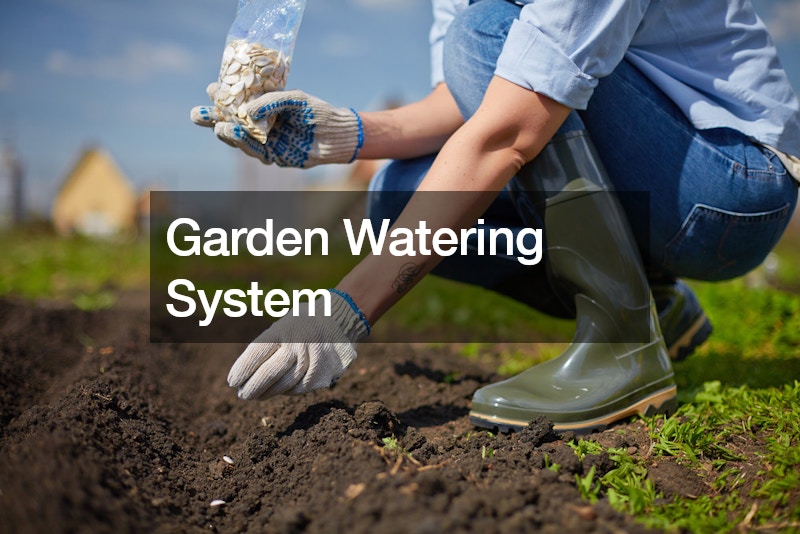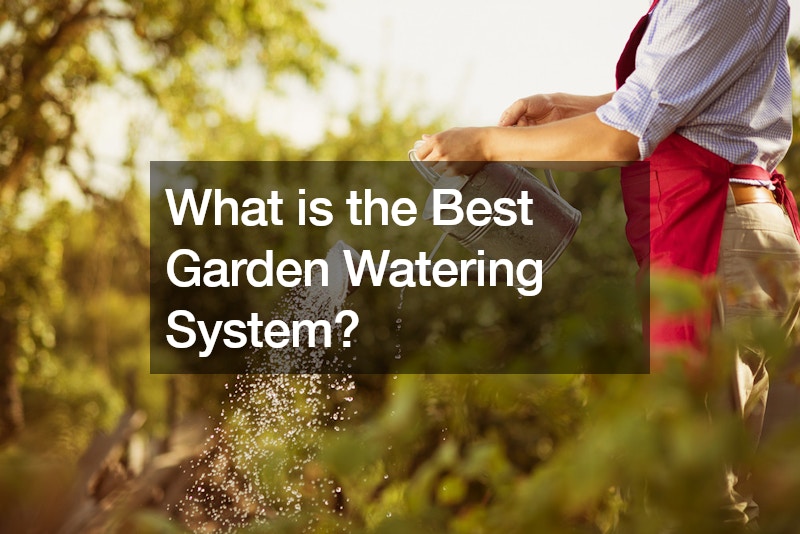Gardening enthusiasts often face the challenge of choosing the best garden watering system to keep their plants healthy and thriving. With various options available, understanding the differences and benefits of each system is crucial. This article will explore the most popular garden watering systems: drip irrigation, spray irrigation, and traditional watering methods, helping you decide which is the best fit for your garden.
Drip Irrigation
Drip irrigation is widely regarded as one of the most efficient watering methods. This system delivers water directly to the soil at the plant’s root zone, minimizing water waste due to evaporation and runoff.
It consists of a network of tubing with emitters or drippers spaced at intervals. The emitters release water slowly and consistently, ensuring that plants receive the exact amount of moisture they need.
Advantages of Drip Irrigation:
Water Efficiency: Drip systems use less water compared to traditional methods, making them environmentally friendly.
Precision: Water is delivered directly to the roots, reducing the risk of overwatering and promoting healthy plant growth.
Flexibility: Drip systems can be customized to suit various garden layouts and plant types.
Disadvantages of Drip Irrigation:
Installation: Setting up a drip irrigation system can be labor-intensive and requires careful planning.
Maintenance: Emitters can clog over time and require regular maintenance to ensure optimal performance.
Spray Irrigation
Spray irrigation systems, including sprinklers and micro-sprays, distribute water over a larger area. These systems are ideal for covering extensive gardens or lawns and can be adjusted to provide different spray patterns, such as 90-degree, 180-degree, or 360-degree coverage.
Advantages of Spray Irrigation:
Coverage: Spray systems can water large areas efficiently, making them suitable for lawns and extensive gardens.
Ease of Installation: Spray systems are relatively easy to set up and require less labor compared to drip systems.
–Versatility: Different spray patterns and adjustable nozzles allow for customized watering.
Disadvantages of Spray Irrigation:
–Water Waste: Spray systems can lead to water waste through evaporation and runoff, especially in windy conditions.
–Uniformity: Achieving uniform water distribution can be challenging, potentially leading to dry spots or overwatered areas.
Traditional Watering Methods
Traditional watering methods, such as using a hose or watering can, remain popular due to their simplicity and low cost. These methods are ideal for small gardens or potted plants where precision watering is less critical.
Advantages of Traditional Watering:
–Cost-Effective: No need for expensive equipment; a hose or watering can suffice.
–Control: Gardeners can control the amount of water each plant receives manually.
–Flexibility: Suitable for various garden types and sizes.
Disadvantages of Traditional Watering:
Time-Consuming: Manually watering a large garden can be labor-intensive and time-consuming.
Inconsistency: Achieving consistent watering can be challenging, potentially leading to overwatering or underwatering.
Choosing the Best Garden Watering System
The best garden watering system for your garden depends on several factors, including garden size, plant types, and water availability. For small gardens or potted plants, traditional watering methods may be sufficient. For larger gardens or those with diverse plant types, drip or spray irrigation systems offer better efficiency and coverage.
Drip irrigation is ideal for water conservation and precise watering, making it suitable for vegetable gardens, flower beds, and areas with water restrictions. Spray irrigation is perfect for lawns and extensive gardens where covering large areas quickly is essential.
Ultimately, combining different watering methods may provide the best results. For example, you can use drip irrigation for flower beds and vegetable gardens, while employing spray systems for lawns and larger garden areas. By understanding the strengths and limitations of each system, you can create an effective and efficient garden watering system that keeps your plants healthy and thriving.




